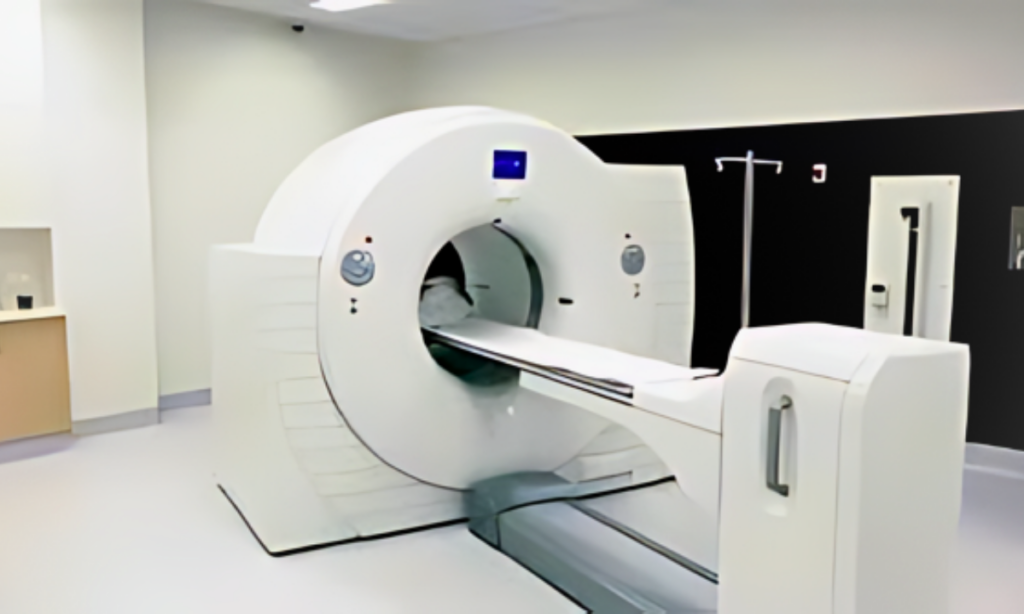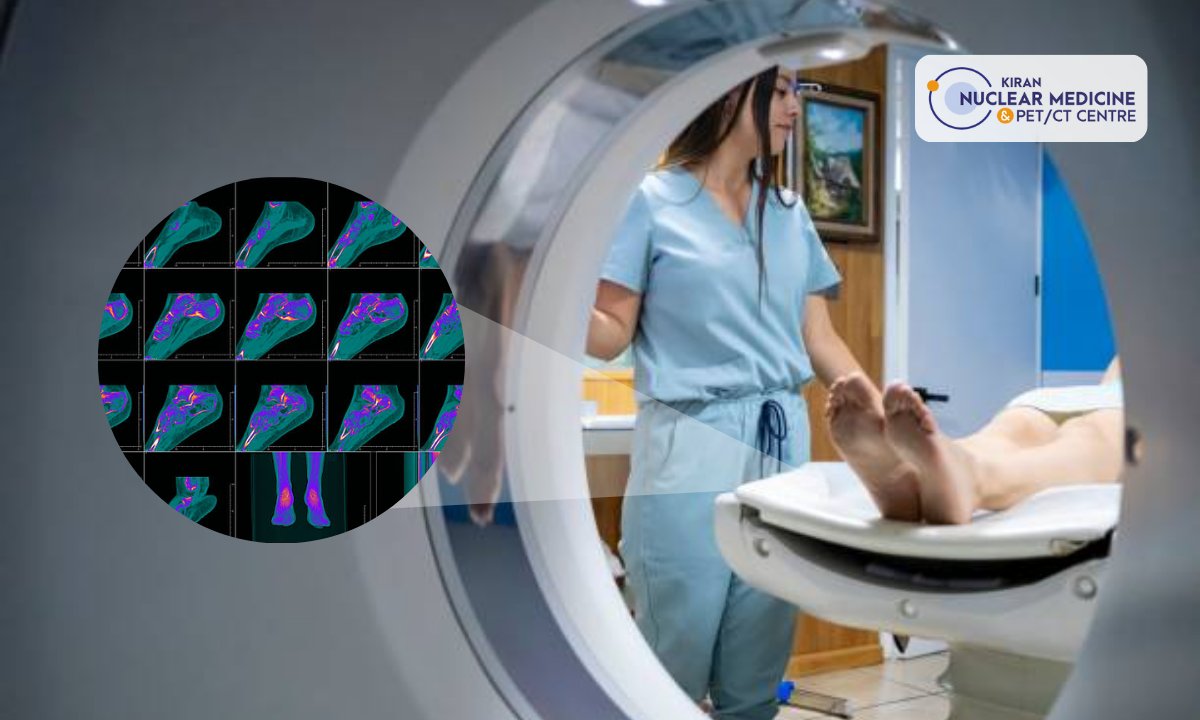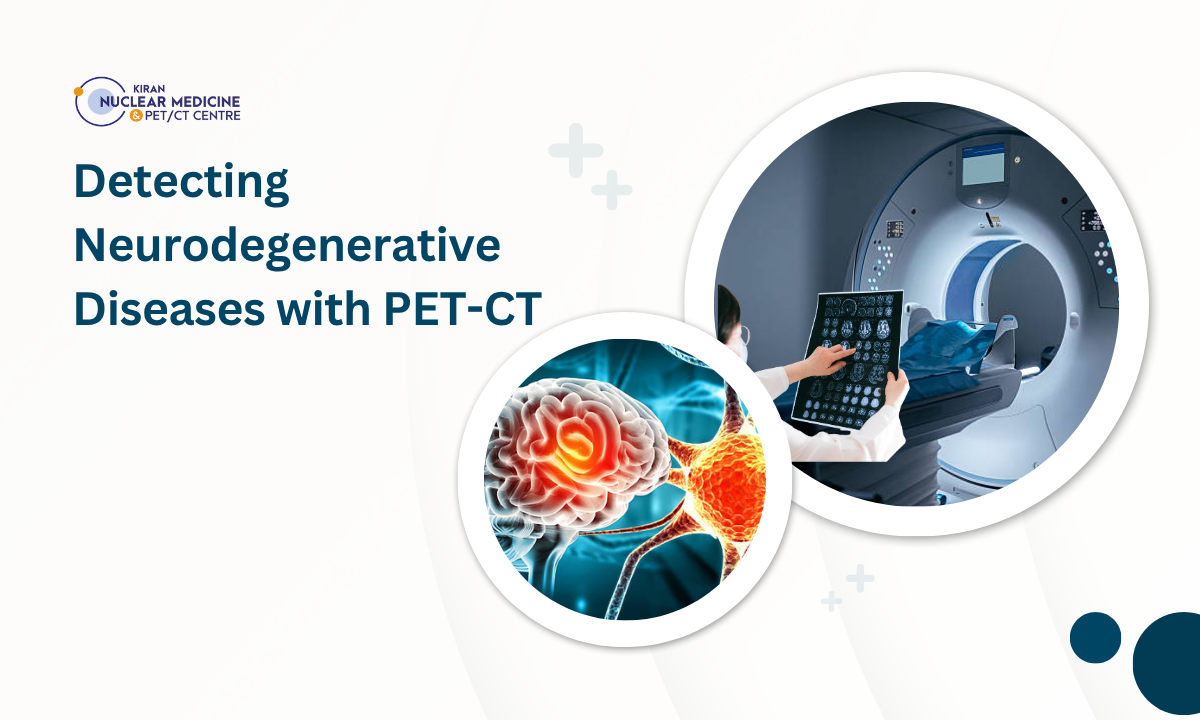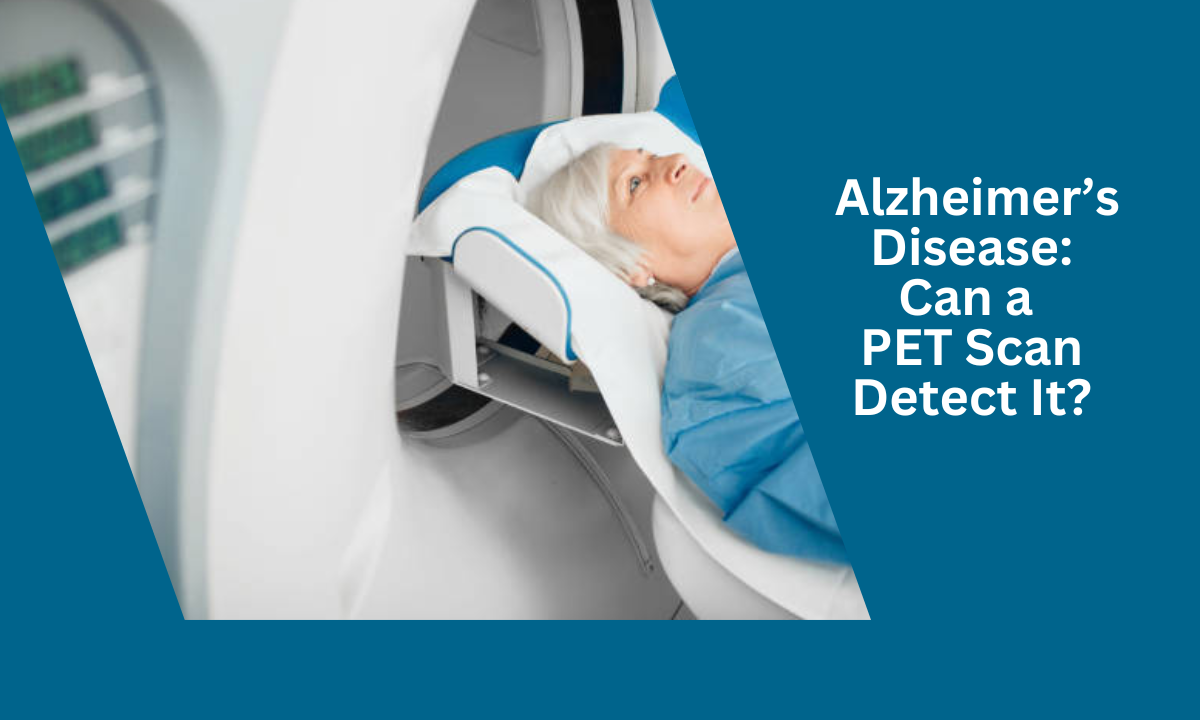Welcome to our in-depth guide to using PET scans to detect brain tumors. This article will look at the intriguing topic of positron emission tomography (PET) imaging and how it might help with the early detection and diagnosis of brain cancer.
PET scans use cutting-edge technology to track metabolic activity in the brain and generate detailed images. PET scanners detect aberrant tumor cells with quicker metabolic rates than normal brain tissue by infusing a tracer into the bloodstream. This noninvasive technology allows clinicians to precisely locate tumors, assess their size, and determine if they are benign or malignant.
Our tutorial focuses on accuracy, bringing you through the whole PET scan procedure, from patient preparation to results interpretation. We address common concerns and emphasize the importance of PET scans for identifying and monitoring brain cancers. If you need a PET scan in Bangalore, we’ll also direct you to the best diagnostic centers. Stay tuned to find out how PET scans are transforming brain tumor detection and patient treatment.
What is a PET scan?

PET scans, or positron emission tomography, are advanced imaging techniques that allow medical practitioners to detect metabolic activity in the brain. The present procedure uses a specialized scanner to detect gamma rays released by a radioactive tracer injected into the patient’s bloodstream. The tracer, usually a glucose molecule linked with a radioactive isotope, is absorbed by cells throughout the body. These tracers emit positrons, which clash with neighboring electrons and produce gamma rays that the scanner detects. The images created reveal important information about the functioning of numerous organs, including the brain.
For those seeking a PET scan in Bangalore, this advanced diagnostic technology is offered at prominent diagnostic centers throughout the city. Whether you need to diagnose or monitor a brain illness, learning how PET scans function can help you grasp their importance in medical imaging and patient care.
How can a PET scan identify brain tumors?
PET scans detect brain malignancies by taking advantage of malignant cells’ greater metabolic rate than normal brain tissue. This increased metabolism causes an increase in the uptake of a radioactive tracer, making tumor cells visible in PET scan images. The scanner catches gamma rays from the tracer and generates a three-dimensional image of their distribution and concentration in the brain. Areas with high tracer absorption indicate increased metabolic activity, which is typically linked to the presence of a tumor.
The radioactive tracers used in PET scans are selected to target certain cellular processes associated with tumor growth. The most often employed tracer, 18F-fluorodeoxyglucose (FDG), resembles glucose and is taken by cells that rely significantly on glucose for energy, such as tumor cells. Other tracers target specific molecular markers or receptors that are overexpressed in certain types of brain cancers. PET scans provide highly accurate and detailed information about a tumor’s location and metabolic activity when the appropriate tracer is used.
For individuals seeking advanced diagnostic imaging, various diagnostic centers in Bangalore provide PET scans and CT scans, which provide precise and complete diagnostic alternatives.
Benefits of PET scans in identifying brain tumors
PET scans offer substantial advantages over conventional imaging modalities for detecting brain tumors. To begin, PET scans give functional information on the tumor’s metabolic activity, assisting in the differentiation of benign from malignant tumors. Malignant tumors, which have quicker metabolic rates, show increased tracer uptake, indicating aggressive growth.This information is critical for determining the best treatment approach and evaluating the patient’s prognosis.
PET scans can also accurately detect and stage brain tumors. PET scans allow surgeons to perform biopsy procedures by precisely mapping the tumor’s metabolic activity, which results in full tumor excision. This is especially true for tumors in important brain areas that are difficult to reach without harming healthy tissue.
What should you expect from a PET scan for brain tumors?
It is understandable to be concerned if you have been scheduled for a PET scan to detect brain cancer. The process starts with preparation, which may include fasting for a few hours depending on your healthcare provider’s instructions. Inform your doctor of any medications you are taking, as some may alter the scan results.
On the day of the scan, you will wear a hospital gown and lie down on a table that slides into the PET scanner. An intravenous (IV) line will be inserted into your arm or hand and a radioactive tracer will be delivered through it. You may notice a tiny warmth or metallic taste, but this is just momentary and harmless.
After the injection, you must stay still for 30-60 minutes to allow the tracer to circulate throughout your body. You can relax or listen to music during this period. When ready, the scan will begin. You will be led into the doughnut-shaped scanner, which will rotate around you while collecting images. To get the best image quality, you must remain immobile.
Individuals who are concerned about budgets should know how much a PET scan costs in Bangalore, as rates vary amongst diagnostic centers.
Conclusion: The importance of PET scans in diagnosing brain tumors
Finally, PET scans are critical for the early detection of brain cancer. PET scans use metabolic activity in the brain to precisely detect cancer, assess its size, and evaluate its aggressiveness. This non-invasive approach aids in treatment decisions and improves patient outcomes.
PET scans provide several advantages over traditional imaging modalities, including the ability to distinguish between benign and malignant cancers, localize tumor location, and monitor therapy response. However, they are part of a more comprehensive diagnostic procedure, and more tests may be necessary for confirmation.
PET and CT scans are offered at diagnostic institutes in Bangalore, giving a comprehensive approach to brain tumor detection. If you have any concerns about PET scans, you should get professional guidance from a healthcare practitioner.
Kiranpet Diagnostic Centre offers comprehensive medical imaging and diagnostic services, providing accurate and timely results to support patient care. contact us today +91 70902 70904







